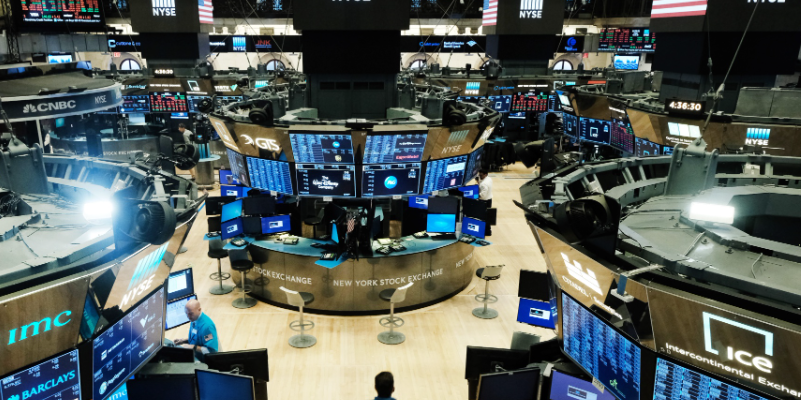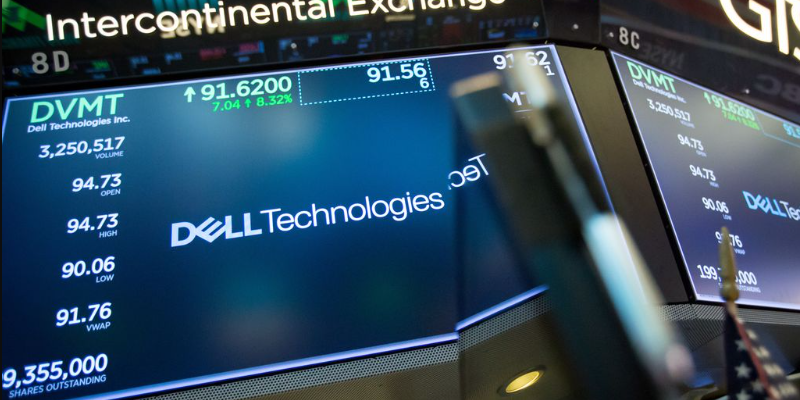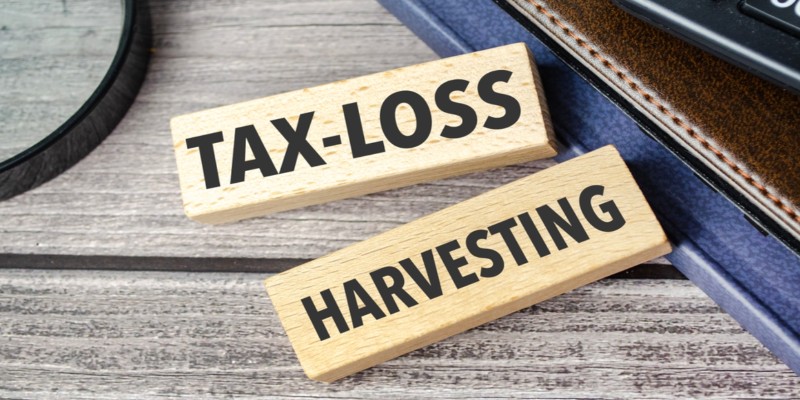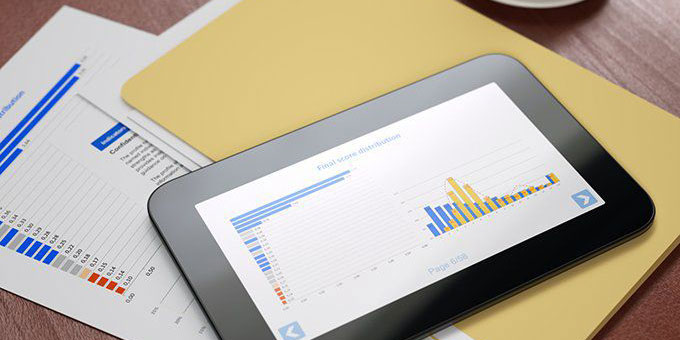Why There Is No Dell Stock
Dec 10, 2023 By Triston Martin
In 1984, while a student at the University of Texas, Michael Dell founded the business PC's Limited. In the beginning, he ran the business out of his dorm room. The company's primary goal was to construct IBM-compatible computers out of widely accessible stock components. Consumers were exposed to Dell's laptop advertisements in renowned national computer magazines. Customers might customize their laptops if they want to.
In 1987, the business launched as Dell Computer Corporation and made an effort to expand globally. Britain served as the company's first overseas location.
Dell's IPO in June 1988 brought about $30 million.
Its market value increased from a foundation of $1,000 to $85 million. In 1992, Dell appeared on the Fortune 500 list for the first time. The youngest CEO of a Fortune 500 business was Michael Dell.
Michael Dell left his position as CEO in 2004 but kept his position as board chairman. Following some difficulties at the corporation in 2005, Dell returned to its previous position as CEO in 2007.

Benefits Of Having A Private Life
In a 2013 SEC filing, Dell made its case for going private. The business claimed it was competing for market share in a market where fewer personal computers were being bought due to the rising popularity of smartphones and tablets. The company has failed to generate the anticipated quarterly revenue for the previous seven. 2013 expected income decreased from $66 billion to a more disappointing $55 billion.
Michael Dell argued that the corporation would need to radically alter its business model and roll out new goods and services to turn things around. He thought that future earnings would be lower if these requests were made, and stock values would fluctuate dramatically.
Michael Dell attributed the company's decision to go private to short-term performance-focused activist investors and myopic financial markets in a 2014 Wall Street Journal editorial. The business may concentrate on a long-term strategy to position itself for success in the future by going private. It can match its interests with those of its clients. After going private, Dell claimed that the business was growing due to employees' increased focus on serving clients rather than fretting quarterly results.
EMC Contract
Dell announced a collaboration with Silver Lake Partners to purchase EMC for $67 billion in cash and stock, continuing its history of privatization.
The information technology firm EMC specializes in both conventional and cloud-based storage facilities. Additionally, under the terms of the arrangement, Dell was able to acquire almost 80% of VMware, which was still a publicly traded business. In 2016, it produced a net profit of $1.2 billion.

The Benefits Of Becoming Private
Dell argued for going private in a 2013 SEC filing. The company acknowledged that it was in a market where personal computer sales were falling as demand for smartphones and tablets increased. The company has missed its own sales projections for the preceding seven quarters. According to Dell Stock Quote, the $66 billion revenue estimate for 2013 has been reduced to a more depressing $55 billion.
Michael Dell asserted that restoring control of the company would require significant adjustments to its corporate strategy and introducing new products and services. According to his forecast, these regulations would increase stock price volatility and lower future profitability. Dell has increased its market share in the PC and server markets. IDC reports that Dell's worldwide server sales grew by more than 50% in the first quarter due to the company selling more equipment to cloud service providers, overtaking long-time leader Hewlett Packard.
Dell also advanced to the top spot in PC shipments in the United States in the first quarter, as Gartner's Dell Stock Quote predicted. Additionally, Mr Dell has led the company into brand-new industries like artificial intelligence and goods with internet connectivity. Now that most of the transitional work has been finished, Dell's owners are prepared to restart the company. For each share of the tracking stock, which trades under the symbol DVMT, Dell will pay $109 in cash or 1.3665 shares of newly issued Class C stock, following the provisions of the Agreement. An $11 billion special dividend that VMware will provide to all of its shareholders, with $9 billion going to Dell, will cover the deal's financial obligations. According to Dell Stock Quote, the Agreement would simplify the previously complicated stock structure. Dell's Class C and regular VMware shares will be the only publicly traded classes of the company's shares if DVMT owners approve the purchase.

Investment Strategies For The Tax Return

All You Should Know About Not Knowing About Your Stock's Basis Costs

The Key Distinctions Between Alpha and Beta Personalities

ICO and DAO tokens under the EU financial regulatory framework

Roofstock Review 2024: Real Estate Investment Made Easier

Timing Your Tax-Loss Harvesting: A Guide to Smart Investing
Market Expectations as Strategists Monitor the BOJ’s Moves and Governor Ueda’s Potential Influence

Why Would a Stock Have No Par Value? What to Consider

Understanding the Transition: Credit Karma Tax Rebrands as Cash App Taxes

